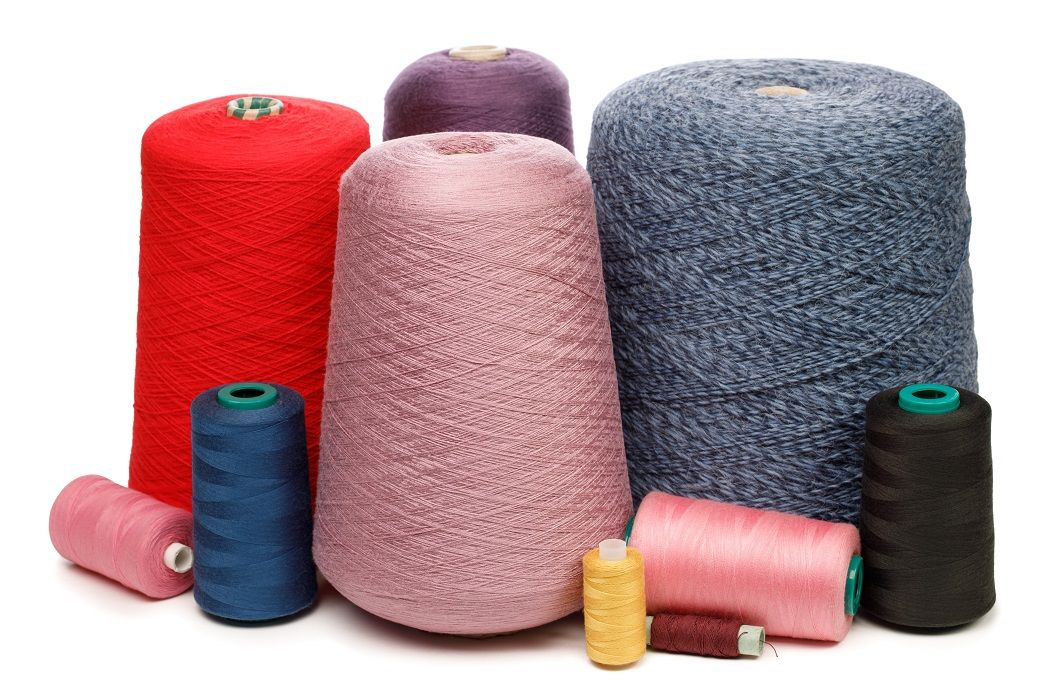
Polyester spun and specialised yarns gained an additional &#****;*–* per kg. Last week, Indian virgin polyester fibre producers raised prices following a surge in crude oil. The US strike on Iranian nuclear sites had triggered fear and uncertainty, leading to a sharp rise in crude oil prices. However, prices dropped after the ceasefire announcement. A trader from the Surat market told Fibre2Fashion, “Polyester yarn prices surged as the recent increase in polyester fibre raised the cost of production. Demand from the consumer industry also improved, as the ceasefire reduced risks to international trade. There are now bright prospects for garment export orders from the West.”
In Surat, ** count polyester spun yarn was traded at &#****;***-*** (~$*.**-*.**) per kg (GST extra); ** count poly spun yarn at &#****;***-*** (~$*.**-*.**) per kg; **/** fully drawn yarn (FDY) at &#****;***-*** (~$*.**-*.**) per kg; **/** FDY at &#****;***-*** (~$*.**-*.**) per kg; ** bright yarn at &#****;***-*** (~$*.**-*.**) per kg.
Receive daily prices and market insights straight to your inbox. Subscribe to AlchemPro Weekly!